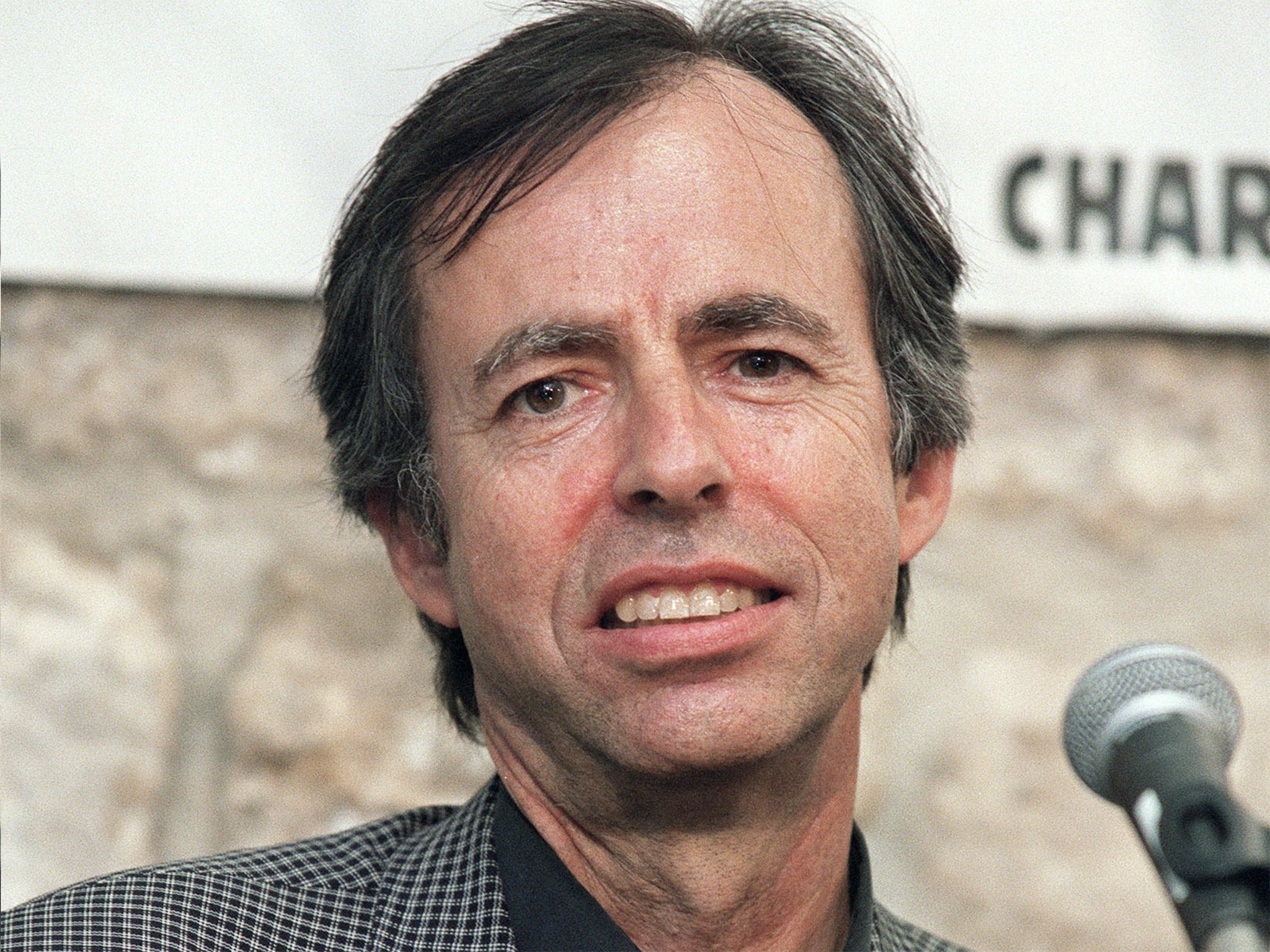Bernard Maris: Radical economist and Charlie Hebdo columnist who was murdered in the attack on the magazine
Maris wrote the magazine's Oncle Bernard column and was a widely-read and influential figure who combined a successful academic career with journalism and broadcasting

The iconoclastic magazine Charlie Hebdo became infamous in the French-speaking world for its unforgiving caricatures of political figures, its irreverent attitude towards taboos and its no-holds barred treatment of religions, but it also published the Oncle Bernard column by the radical economist Bernard Maris, who was shot dead at its Paris headquarters last week.
A disciple of John Maynard Keynes, about whom he wrote Keynes Ou L'Economiste Citoyen (Keynes or Citizen Economist) in 1999, one of over 20 books he published, several of them best-sellers, Maris was an altermondialiste, the advocate of a different kind of globalisation, and a widely-read and influential figure who combined a successful academic career with journalism and broadcasting. He also found time to write three novels and appeared in Jean-Luc Godard's 2010 three-movement movie project Film Socialisme alongside the singer Patti Smith.
His appointment as member of the General Council of the Banque de France in December 2011 surprised many since he had been critical of the euro straight-jacket, not only in his Charlie Hebdo column but also in the more mainstream publications he contributed to, including the weekly news magazines Marianne and Le Nouvel Observateur as well as the dailies Le Figaro and Le Monde. "I was in favour of the Maastricht treaty but I have changed my mind since," he wrote. "I think the Eurozone is doomed. Because of the single currency, every state is now competing on tax and budget breaks. The German choice of lowering their standard of living is not virtuous but a profoundly flawed decision."
Maris regularly appeared on French television and radio, particularly on the national station France Inter, where he was a thorn in the side of rampant capitalism and enjoyed being pitted against Dominique Seux, of the French business daily Les Echos, the free marketeer. For close to a decade, their hotly contested arguments proved popular with listeners and were a mandatory listen for France's business décideurs and grands patrons.
Very much a product of the Mai 1968 generation who provided the fertile, libertaire ferment and foment for Charlie Hebdo as it replaced its banned antecedent, Hara-Kiri, in 1970, and returned to the newstands after a 10-year hiatus in 1992, he nevertheless felt the baby boomer generation had betrayed their children and grandchildren: "They now have to deal with the ecological crisis, the direct consequence of the consumer society and its reliance on the car, on moving goods by road and by lorry," said Maris, who stood as a green candidate in 2002. "We're also all to blame for the concrete buildings alongside the Mediterranean coast. We just didn't give a damn about the waste of resources. It was the heist of the century."
Maris had a knack for engaging his students, lately as Professor at the Institute of European Studies of the University of Paris-VIII, and the readers of such books as Lettre Ouverte Aux Gourous De L'Economie Qui Nous Prennent Pour Des Imbéciles (Open Letter to the Economic Gurus Who Take Us For A Bunch of Idiots, 1999), La Bourse Ou La Vie – La grande manipulation des petits actionnaires (The Stockmarket Or Your Life – How Small Stockmarket Investors Were Manipulated, 2000) and Marx, ô Marx, Pourquoi M'As-Tu Abandonné ? (Marx, oh Marx, Why Did You Give Up On Me? 2010), with his caustic sense of humour and common sense approach.
A pet topic of his was the creation of a revenue minimum d'existence – a minimum income – "to be given to any citizen, rich or for poor, for a lifetime, to which any salary or assets can be added without restriction, thus freeing people from the tyranny of work." He remained a supporter of France's controversial 32-hour working week.
Born in 1946, he studied politics and economics in his native Toulouse and later lectured there before moving on to the University of Iowa and the central bank of Peru. In 1992, he became a shareholder in Editions Kalachnikof, the Charlie Hebdo publishing company, alongside Cabu, Philippe Val, the protest singer Renaud and the cartoonist Gébé, who died in 2004. He had recently published Houellebecq Economiste about his friend, the controversial author Michel Houellebecq.
Paying tribute, the governor of the Bank of France, Christian Noyer, said: "Bernard Maris was a man with a noble heart, cultured, with great tolerance. We will greatly miss him."
PIERRE PERRONE
Bernard Maris, economist, journalist, novelist and broadcaster: born Toulouse 23 September 1946; married 2007 Sylvie Genevoix (died 2012; two daughters); died Paris 7 January 2015.
Join our commenting forum
Join thought-provoking conversations, follow other Independent readers and see their replies
Comments